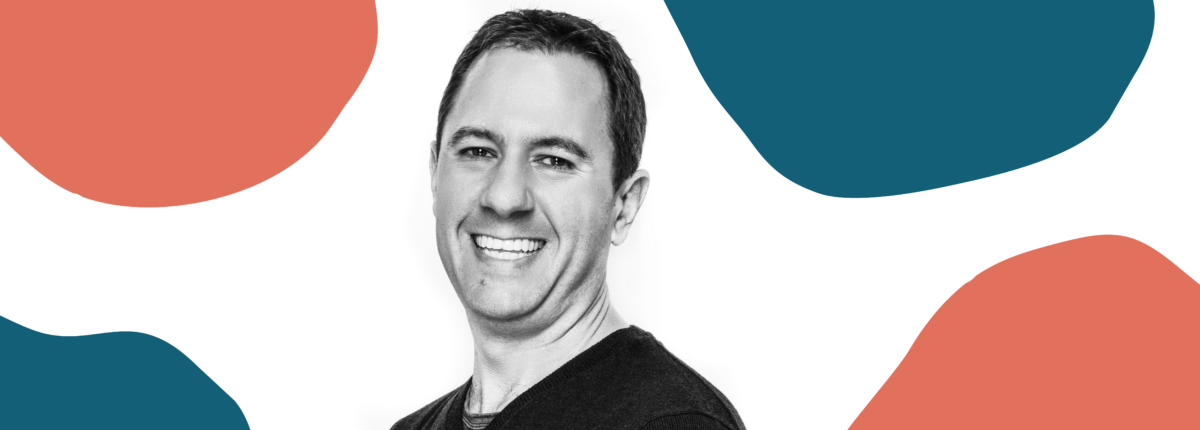Diabetes & Mental Health: Finding New Approaches That Work
Editor’s Note: It’s entirely normal to face mental health issues when living with diabetes. For resources and more information, visit our mental health and diabetes portal.
The Center for Diabetes & Mental Health, led by Dr. Mark Heyman, recently hosted an online workshop to help viewers reimagine their lives with type 1 diabetes.
The workshop featured people with diabetes and healthcare professionals to discuss blood sugar anxiety, finding support from your healthcare team, the daily struggles of life with type 1, the impact of lost sleep and how to find a new approach while managing your diabetes.
The workshop’s goal was for viewers to walk away with tools to identify and navigate the stress of type 1 diabetes (T1D). By getting the support they need, people with T1D can live their best lives and envision a life they want.
Managing Diabetes Anxiety
Dr. Jennalee Wooldridge, a diabetes clinical psychologist, works with people who are experiencing diabetes blood sugar anxiety. Blood sugar anxiety is classified as worrying about high and low blood glucose and how it affects you to a point of limiting your lifestyle in an unhealthy way.
Dr. Wooldridge reminded us that blood sugar anxiety is completely normal, and everyone with diabetes falls on a spectrum for blood sugar anxiety. In some cases, anxiety can be beneficial because it motivates us to change and take better care of ourselves. It becomes an issue, however, when it creates obstacles and gets in the way of our lives, like not doing things we enjoy, avoiding certain foods, overeating and under-bolusing.
How to handle anxiety:
- Be aware
- What thoughts are you having about blood sugar anxiety?
- What are you doing to avoid blood sugar anxiety?
- What are you not doing because of blood sugar anxiety?
- Be honest with yourself
- Ask: How well are these strategies working? How would your life be better if you changed these behaviors?
- Push yourself out of your comfort zone
- Start small.
- Do it even though you’re scared. Chances are, you won’t do it if you wait until you aren’t anxious because this may never happen.
- Find out what you’re capable of.
- Don’t do it alone
- Include friends and family in your plans.
- Know when to ask for help.
Getting Better Sleep
Did you know that diabetes can cause people to lose 10 hours of sleep per week? Nancy Lin, Ph.D., explored sleeping with diabetes and gave participants some tips to help them feel well-rested.
Dr. Lin used a visual framework to explain how we may be able to get better sleep:
- Your body is solar-powered
- Spend some time outdoors every day
- Limit the use of electronic devices 30 minutes before bedtime
- Your body is a clock
- Get up at the same time every day
- If you can’t sleep, get out of bed
- Prepare for bedtime
- Your body is a temple
- Avoid alcohol within four hours of bedtime
- Your body is a home for the soul
- Get active and have some fun
- Make small investments to help you feel prepared
- Advocate for yourself
Finding a New Approach to Diabetes Burnout
Dr. Heyman asked us to consider what we can take away from these sessions and how we will use these tips to empower ourselves to make better diabetes decisions.
He suggested that instead of asking, “What do I do to not feel burnt out?” We should ask ourselves, “Who is the person I need to become to be able to deal with my T1D burnout and overwhelmed feelings more effectively?”
This question helps to humanize ourselves and our experiences and also assists someone who may be experiencing anxiety by focusing on becoming more patient, mindful and engaged.
Finding Support from Your Healthcare Team + Diabetes Challenges
Dr. Heyman, Lexi Peterson (T1D for 16 years), and Megan Ervin (T1D for three and a half years) discussed how to find support from your healthcare team, specifically your endocrinologist, and the individual challenges they have faced on their journey with diabetes.
In the conversation, the trio agreed that it can be difficult to remember that our lives aren’t just our diabetes and it is important to remember our own individuality aside from our disease.
Tips:
- Be vocal with your healthcare providers and don’t be afraid to hurt feelings, meaning be honest and advocate for what you need. After all, we are the captains of our diabetes care.
- Know what you need, write it down, take notes while discussing your options with your doctors and be honest and open.
- Bring a loved one to your appointment for support, if needed.
- Use T1D support groups for extra help and to connect with people who have been through similar situations.
- Don’t be afraid to get a second opinion if you don’t agree with a doctor’s choice on your treatment plan.
As with anything, the things we learn take time to settle and become habits. If you participated in this session, or are just reading this article, try to reflect on what you learned, consider writing it down, use it as a reminder and remember that new habits require time and practice.





